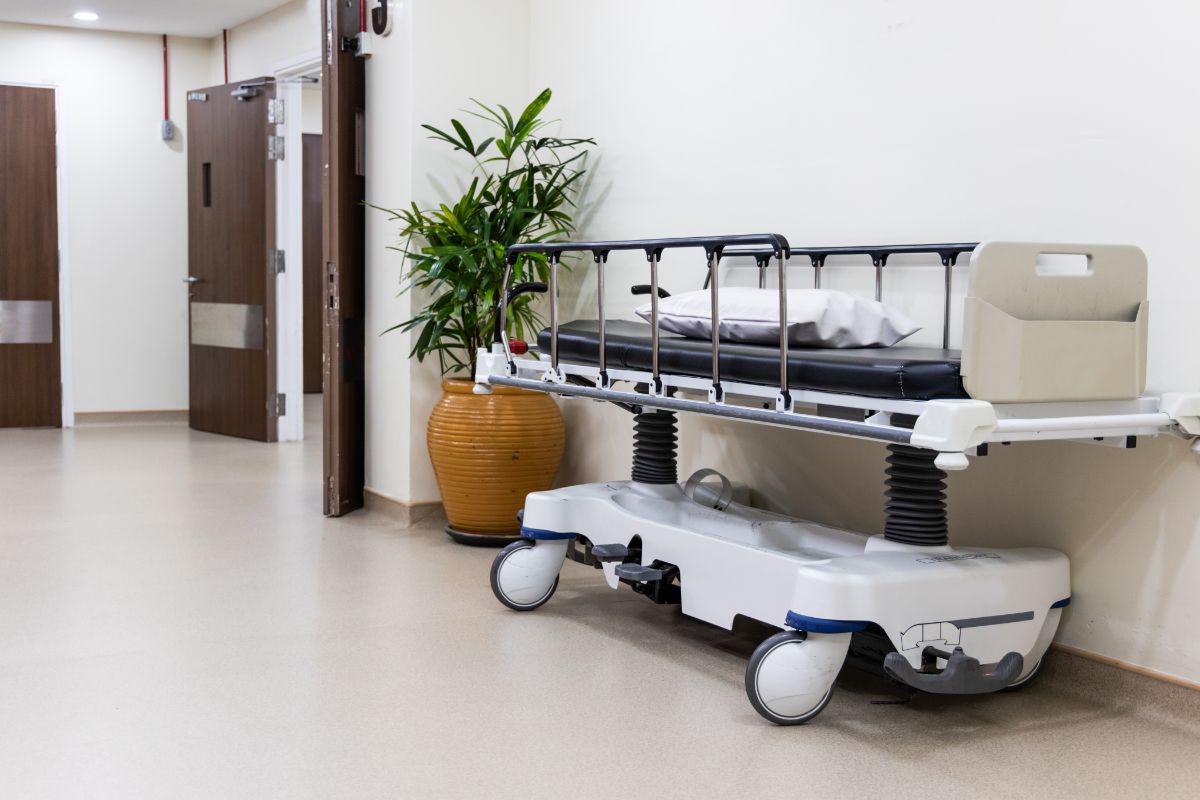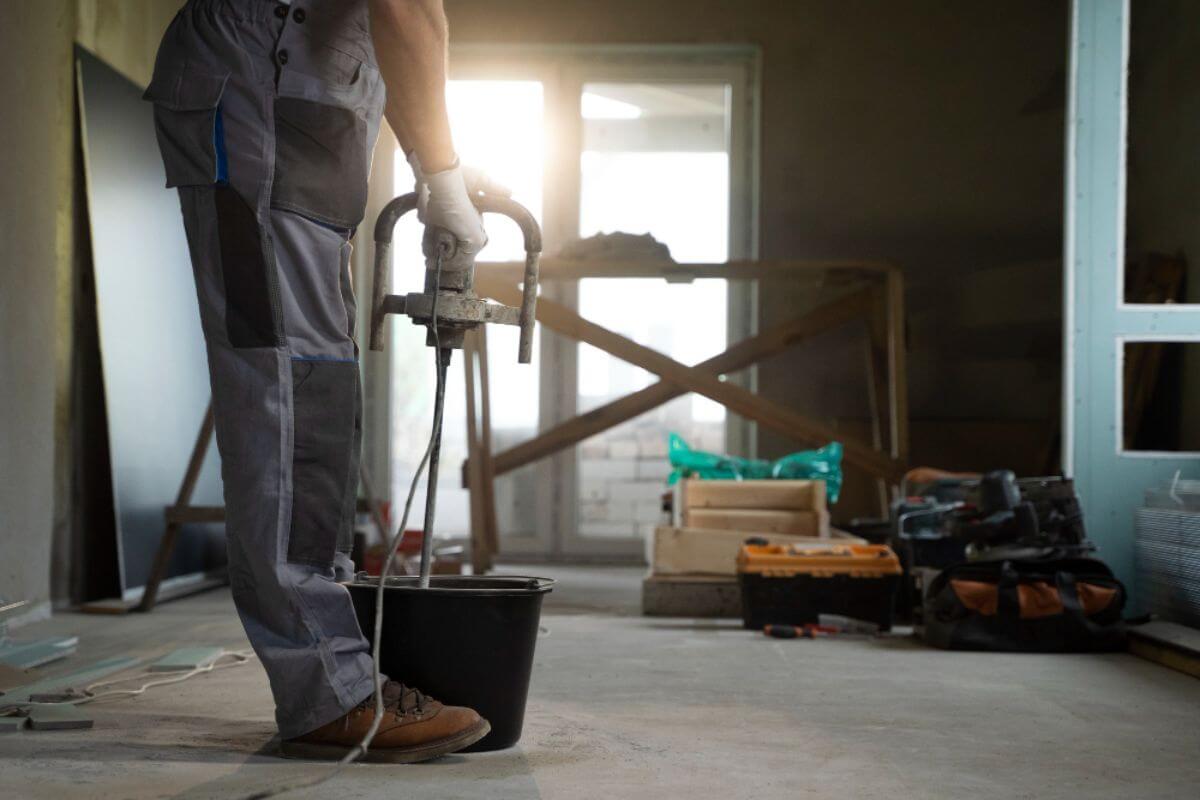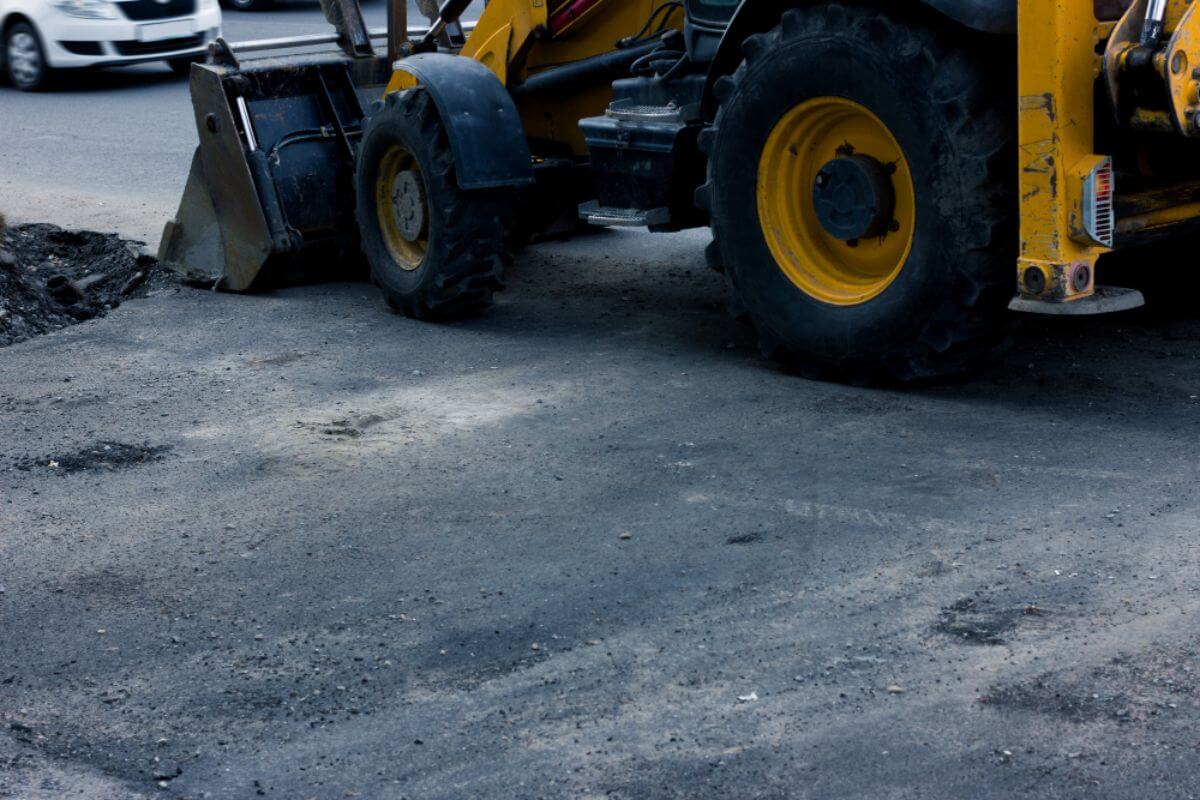5 Things To Consider When Choosing Flooring For Healthcare

What are the things you should consider when choosing flooring for healthcare?
- Durability
- Slipping resistance
- Infection control
- Cleaning and maintenance
- Aesthetics
Hospitals and other healthcare facilities have strict requirements when it comes to flooring. Choosing the right flooring is an important part of creating a setting for providing quality patient care. In healthcare buildings, floors are subjected to heavy foot traffic daily, coming from patients and healthcare staff. Healthcare flooring also needs to be durable, hygienic, and easy-to-clean to create a place conducive to healing and recovery. If you’re interested, below are some things to consider when choosing flooring for healthcare. Keep on reading!
Durability
Flooring in hospital and healthcare facilities are exposed to a high amount of heavy foot traffic, and also heavy equipment. The flooring is expected to take a beating with the rolling of equipment carts, wheelchairs, stretchers, and the like.
For this reason, it needs to be durable enough to withstand these elements daily, without undergoing damage. The flooring chosen should be able to wear properly and not need replacement prematurely.
Slipping Resistance
Healthcare flooring should also be able to minimize fall risk. Successful patient care will depend on preventing further injury to the patients. Although slips and falls are unexpected, they can happen, especially if the ground is slippery.
Shiny flooring materials are pleasing to look at, but may not be the right choice for areas for patient care. For this reason, healthcare flooring should be slip-resistant, helping patients improve traction and limiting falls and slips.
Infection Control

Infection control is important for hospitals and other healthcare facilities. These places are always exposed to pathogens. That’s why choosing a flooring that can help with infection control is crucial.
When it comes to flooring, seams and grout lines can become a hiding and breeding ground for pathogens. That’s why these are not recommended for healthcare flooring. Instead, non-porous flooring that can be installed without seams and grout is ideal. These offer a safer and more sterile environment for healthcare settings.
Cleaning And Maintenance
It’s also important to consider cleaning and maintenance when choosing flooring for healthcare environments. The floors need to be cleaned frequently to reduce the spread of disease and create a sanitary environment for healthcare activities. But due to the stresses of the busy environment, the floors should be simple to care for. In this case, flooring made of impermeable and seamless materials is recommended, because they can easily be cleaned.
Aesthetics
Aesthetics is also an important factor when it comes to choosing flooring. For some patients, hospitals can be intimidating. For this reason, choosing a flooring material that gives positive first impressions would be beneficial.
More and more healthcare facilities are going towards providing warmer, and more comfortable interiors. With a peaceful and soothing environment, patients will feel more at home — which can make a huge difference in their healing and recovery.
Key Takeaway
Flooring in healthcare facilities is exposed to a lot of things, including heavy foot traffic, heavy equipment, and pathogens. To provide quality patient care, the floorings should not only be durable, hygienic, and easy to clean but also should also be able to protect from falls and be comfortable to look at. All these things are important considerations for any healthcare facility.
There are many things to consider when choosing flooring for healthcare. If you need help, you can contact us here at Flooring Solutions! As a flooring solution specialist, we can offer you the right flooring products that can match your requirements. We can provide a wide selection of flooring solutions not just for healthcare, but also for pharmaceutical, education, retail, automotive, and other industries.





